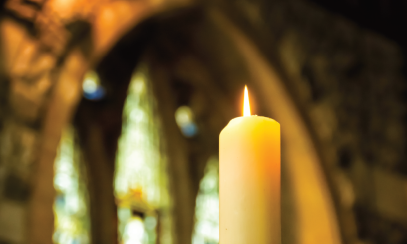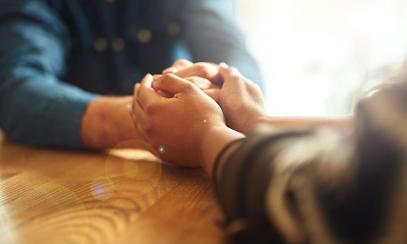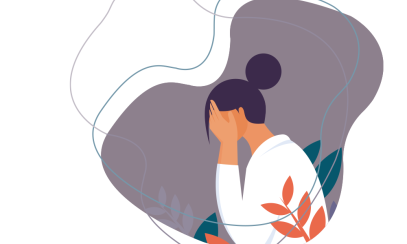Why is the Church against euthanasia?
Dear Fr. Joe: Why is the Church so opposed to euthanasia? Why is it wrong to alleviate suffering? It seems to me we demand more compassion for a suffering dog than a person.
Dear Fr. Joe: Why is the Church so opposed to euthanasia? Why is it wrong to alleviate suffering? It seems to me we demand more compassion for a suffering dog than a person.
Thank you for your question. I know this is a hard issue to look at and sometimes it may not seem to make sense. I hope this column helps. What I intend to do is take a look at the topic of euthanasia and give some of the reasons why the Church does not support this idea.
Intellectually, we have to look at the context of euthanasia. Too often, we make an assumption that there are no medical alternatives to allow us to “die with dignity.” Now, I do not have the time or expertise here to cover all of the alternatives. So, I encourage all of you reading this article to research those medical options including pain management and Hospice.
As a side note here, I also have to say that in a day and age when we lack faith in people, it amazes me that we would be so comfortable giving an entire class of people the power of life and death over us.
Philosophically, euthanasia presents a problem morally from the standpoint of what is called the “slippery slope.” The slippery slope argument points to the tendency of power to corrupt. Once you give people (and not God) power over life and death, it tends to corrupt the individual. It seems OK for us to “assist a person in death” who expressed a desire to die, but then we could move to “assisting” those who have expressed no desire, but who we think would want to. The next step is, obviously and tragically, ending the life of those we feel should want to die.
When we look at the many and varied abuses that occur in the health system now, can we honestly say we trust them with the power to say who lives and who dies? This is NOT a rip on doctors, nurses and other people who help us stay healthy and alive. This is a tragic statement of reality about the current health care system when evaluated in light of trends we have seen throughout history.
Spiritually, we have a whole other set of problems when looking at euthanasia. We make, as far as I can see, two assumptions in supporting euthanasia that do not line up with our Catholic tradition and faith. First, we assume that suffering is always bad. Secondly, we assume that we have the ultimate power to run our lives.
Is suffering always bad? Starting with the premise that we were saved by Jesus’ suffering and death, I believe that we can state the answer to that question with an emphatic “no.” I remember giving a presentation at a church where I was approached afterward by a man who indicated it was easy for me to be happy and have faith in God because I hadn’t suffered. I asked him if he considered the possibility that I was happy and had faith because of intense suffering. He didn’t see it.
What a shame that we cannot see that there is a value to suffering that encompasses the whole person. We learn much about ourselves and the world around us in our pain; we also learn what joy is, don't we? How would we know the goodness of happy moments if we didn’t have pain? I know from experience that people assume if you are happy in life, you have never suffered. What a tragedy. Again, lacking the space to explore this issue in depth, I ask you to consider what I am stating.
Secondly, we assume that we have the power of life and death over ourselves. Good news, folks, we do not. God created us to love and serve Him in freedom. By freedom, I do not mean doing whatever we want to do. That leads to slavery to our desires. The only place we will find freedom is in our surrender to living the way we were created to live – as God’s own children. A part of that involves surrendering to God and even joining Him who suffered so greatly for us. I have written in the past about this concept of “joining our sufferings to Jesus.”
I want to close with a reflection on the phrase “dying with dignity.” I vaguely remember the first time Jack Kevorkian took someone’s life. I can recall all the news coverage and how he left the dead person in a van outside the county morgue. I also remember, as the number of his victims climbed, his casual attitude about the whole thing. Finally, I remember the 60 Minutes episode where he euthanized someone for a television audience. I did not watch the show (and have boycotted 60 Minutes since then), but in the news the next day, the comments were that Kevorkian asked the “patient” if he was ready, then said “Okeydokey” and poisoned the man. I don't see any dignity there.
I know this is a difficult topic, and I assure you I have had to deal with it in my own life with loved ones. I have found great strength and hope in the teachings of the Catholic Church and pray that you will experience this as well.
Enjoy another day in God’s presence!



